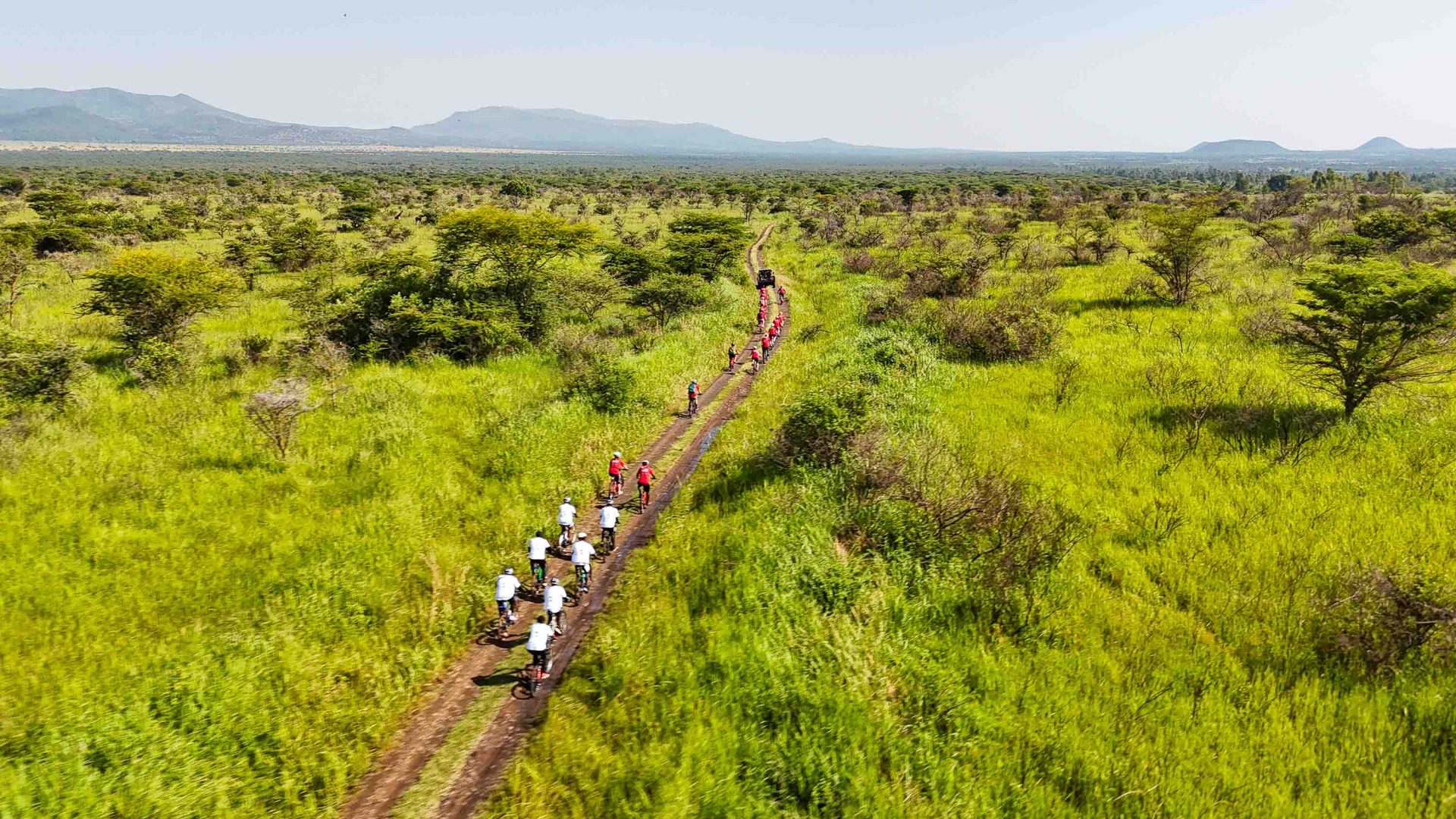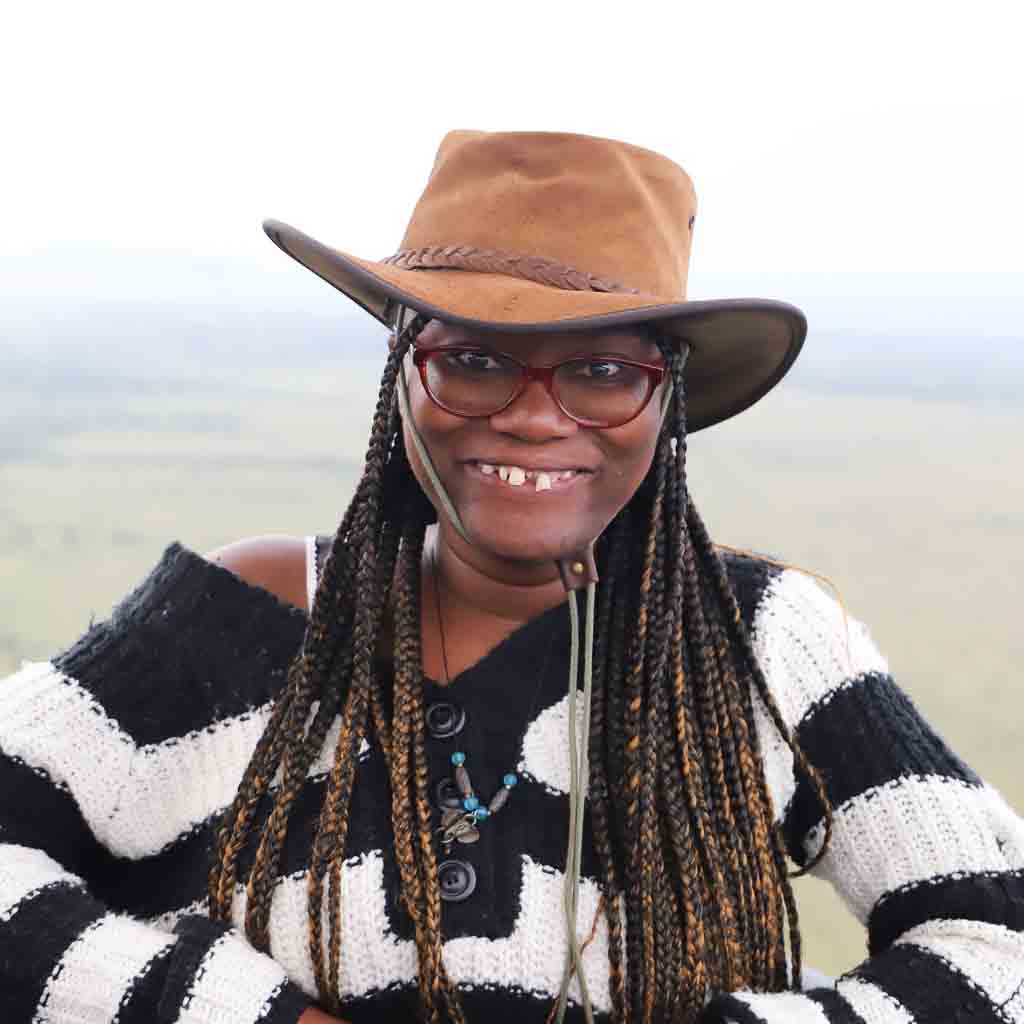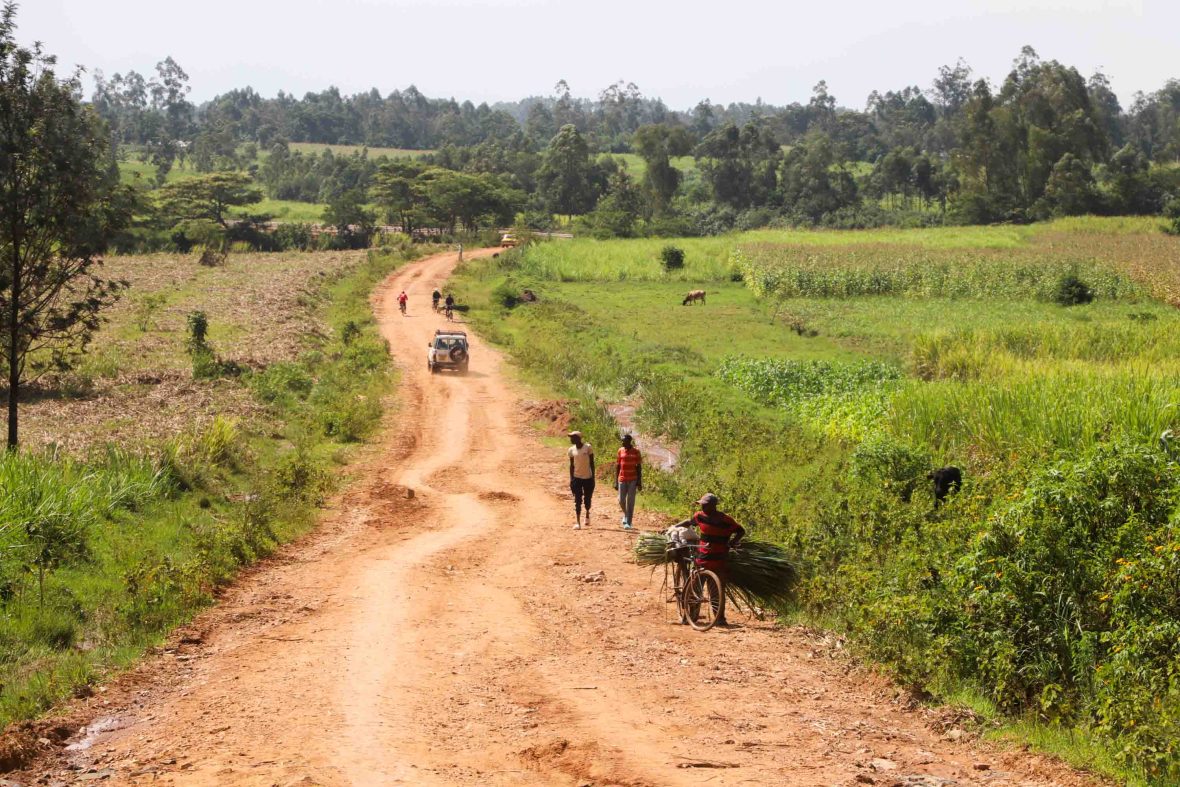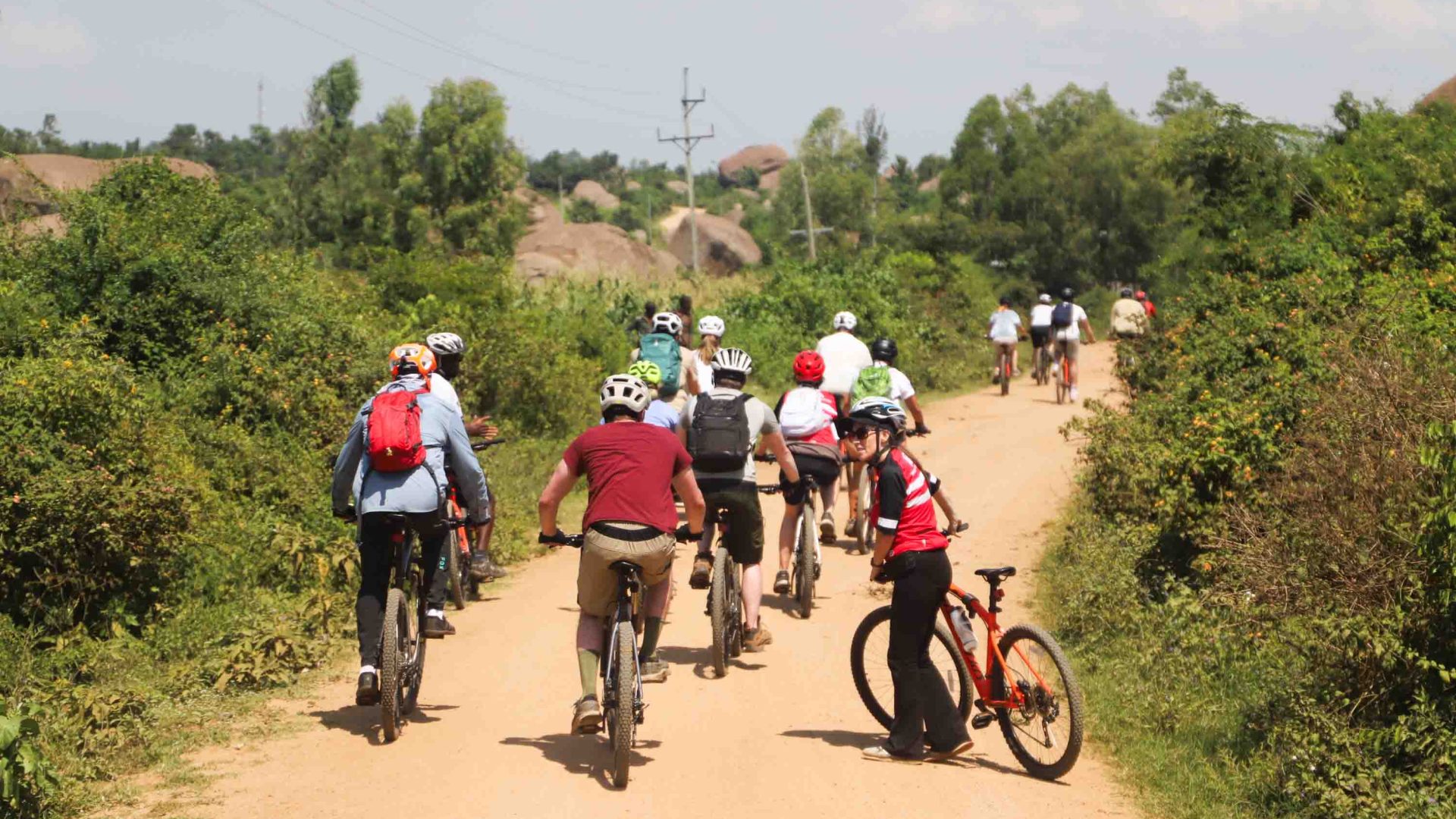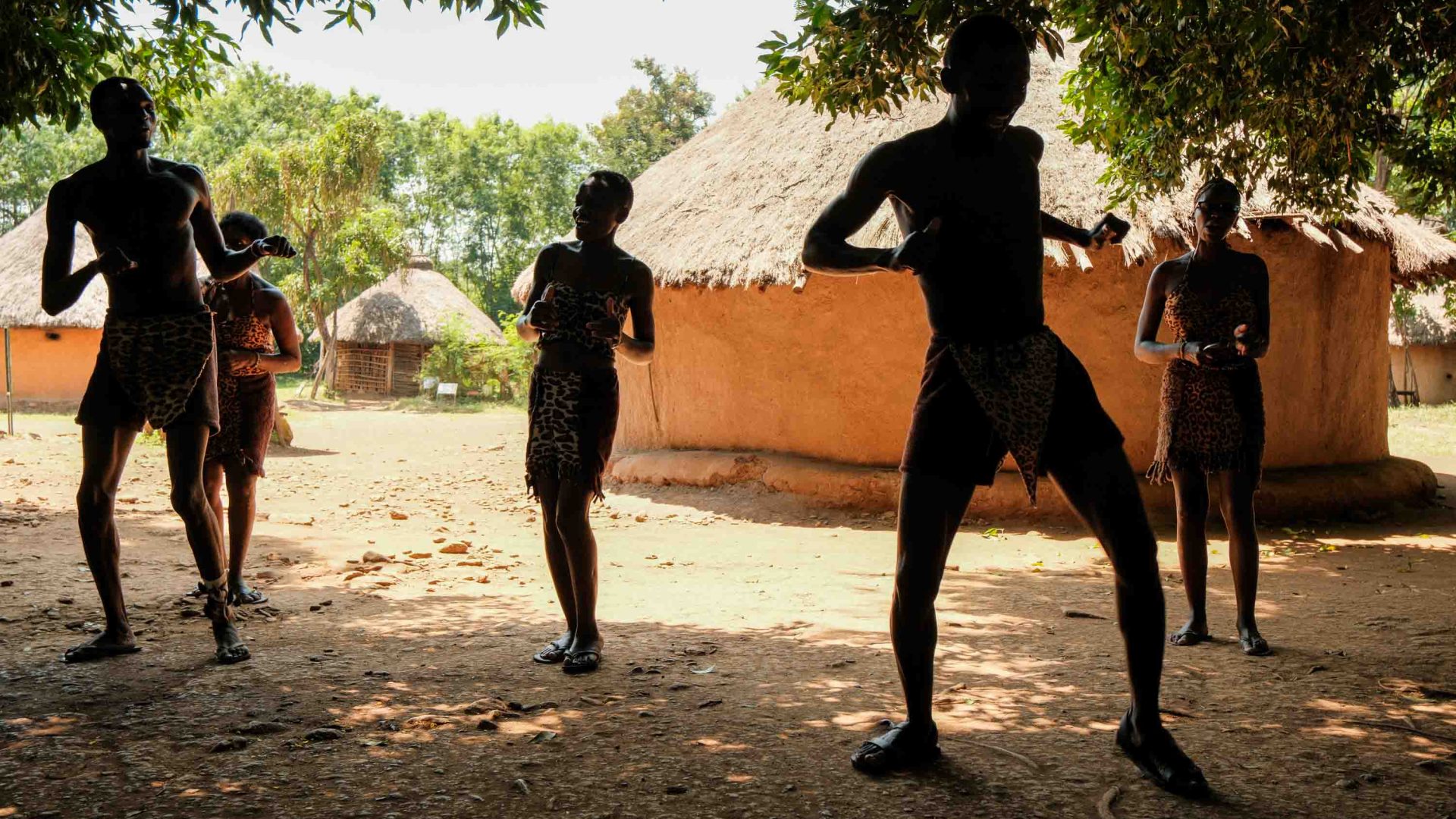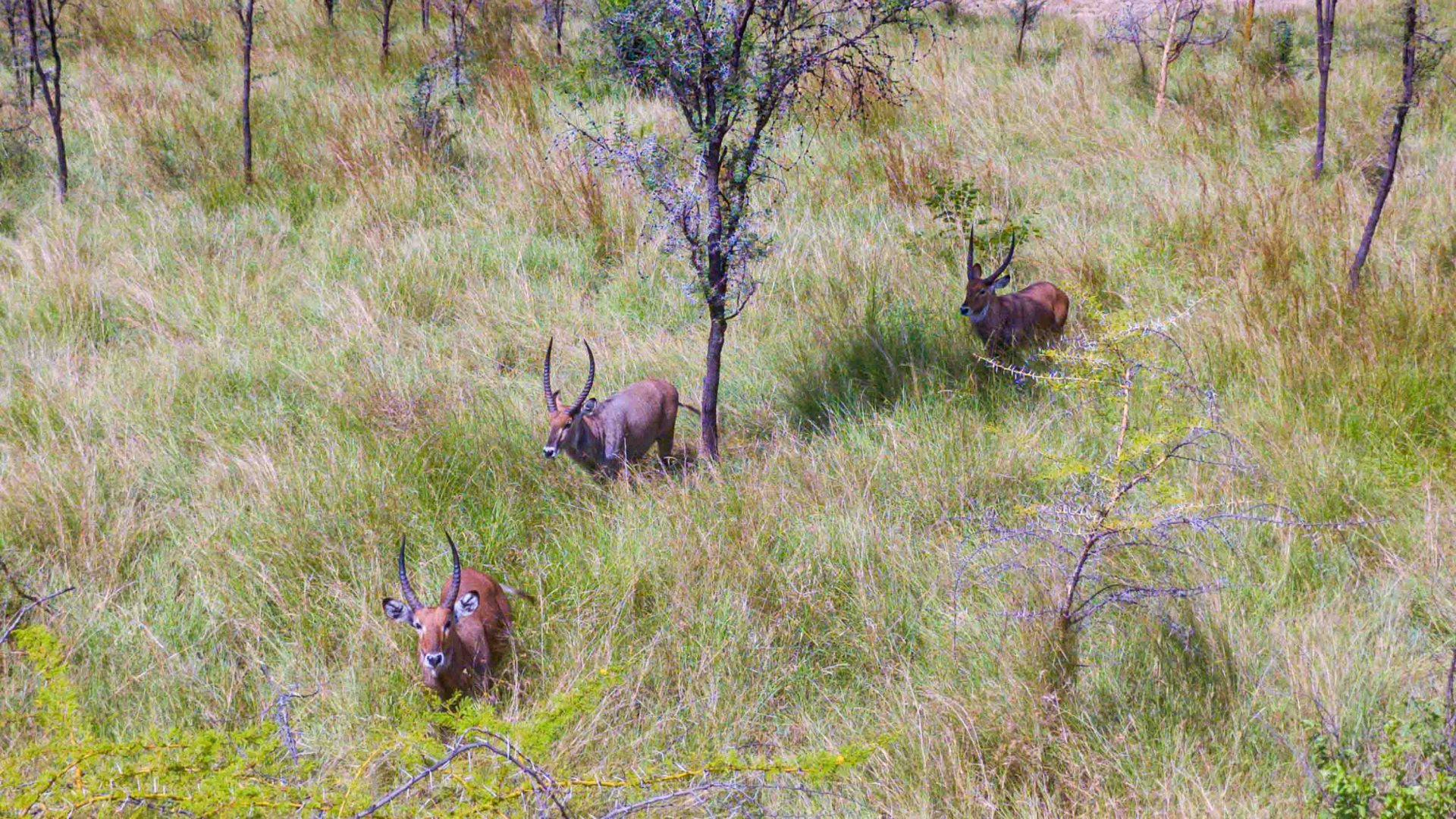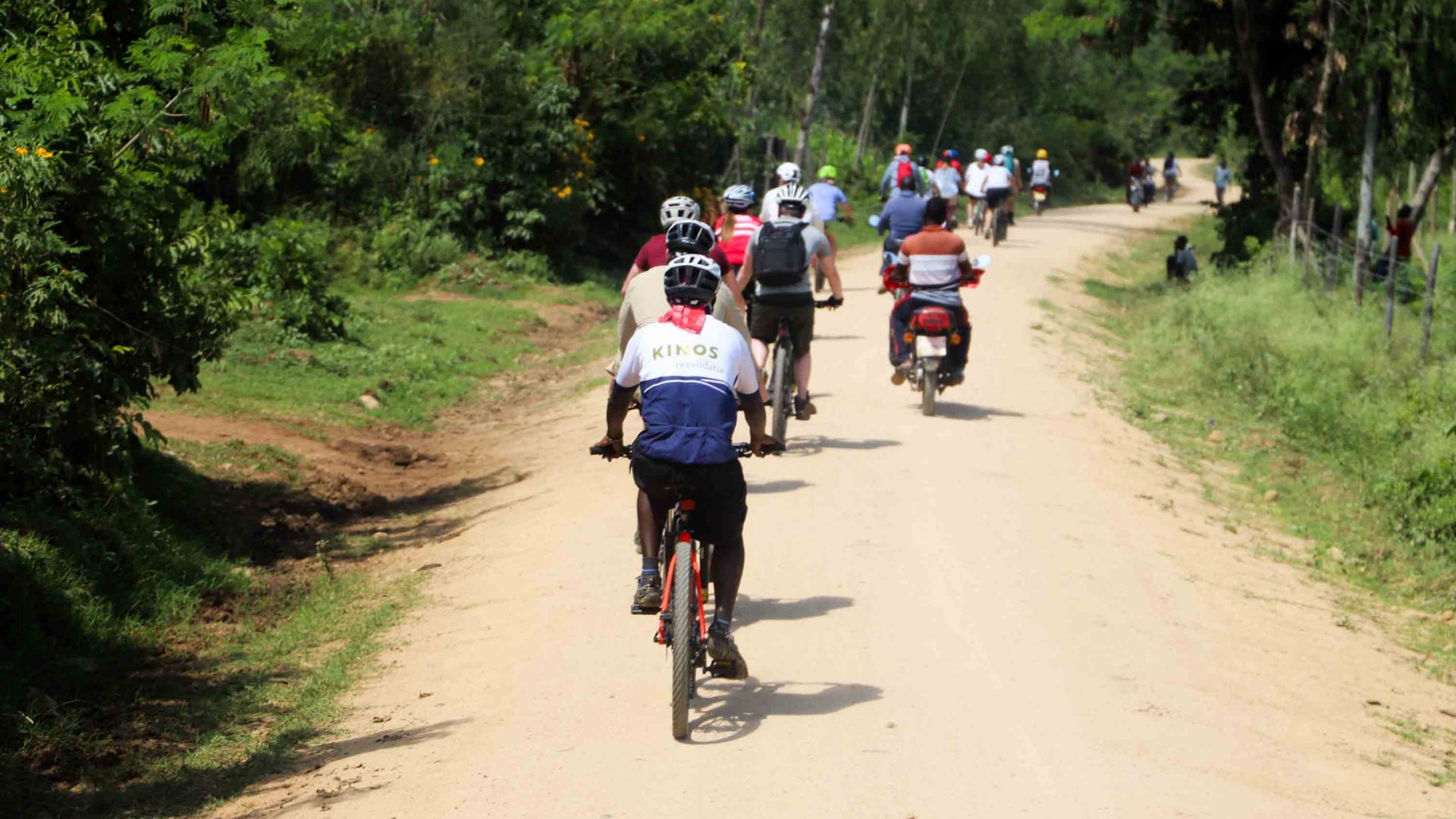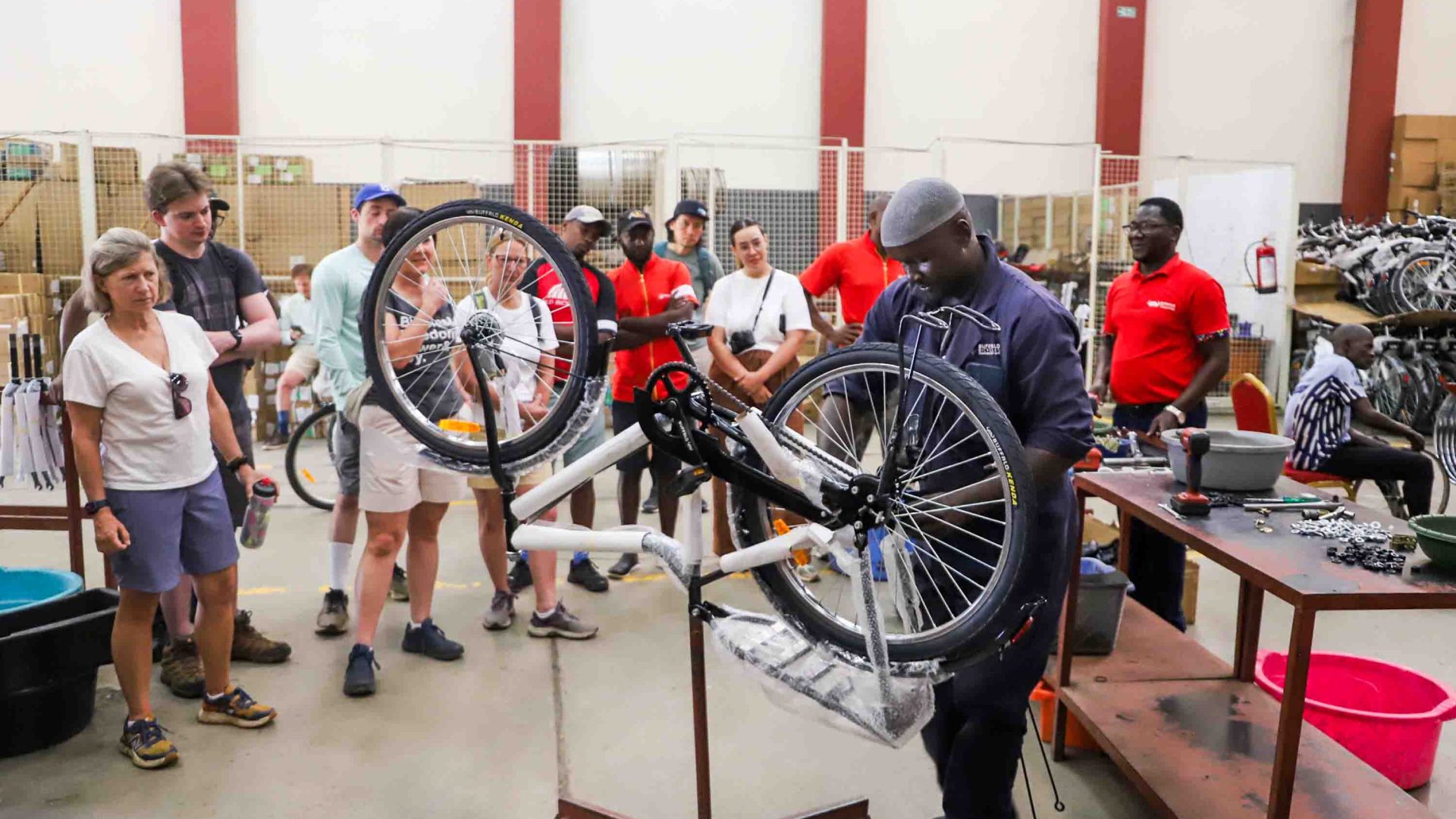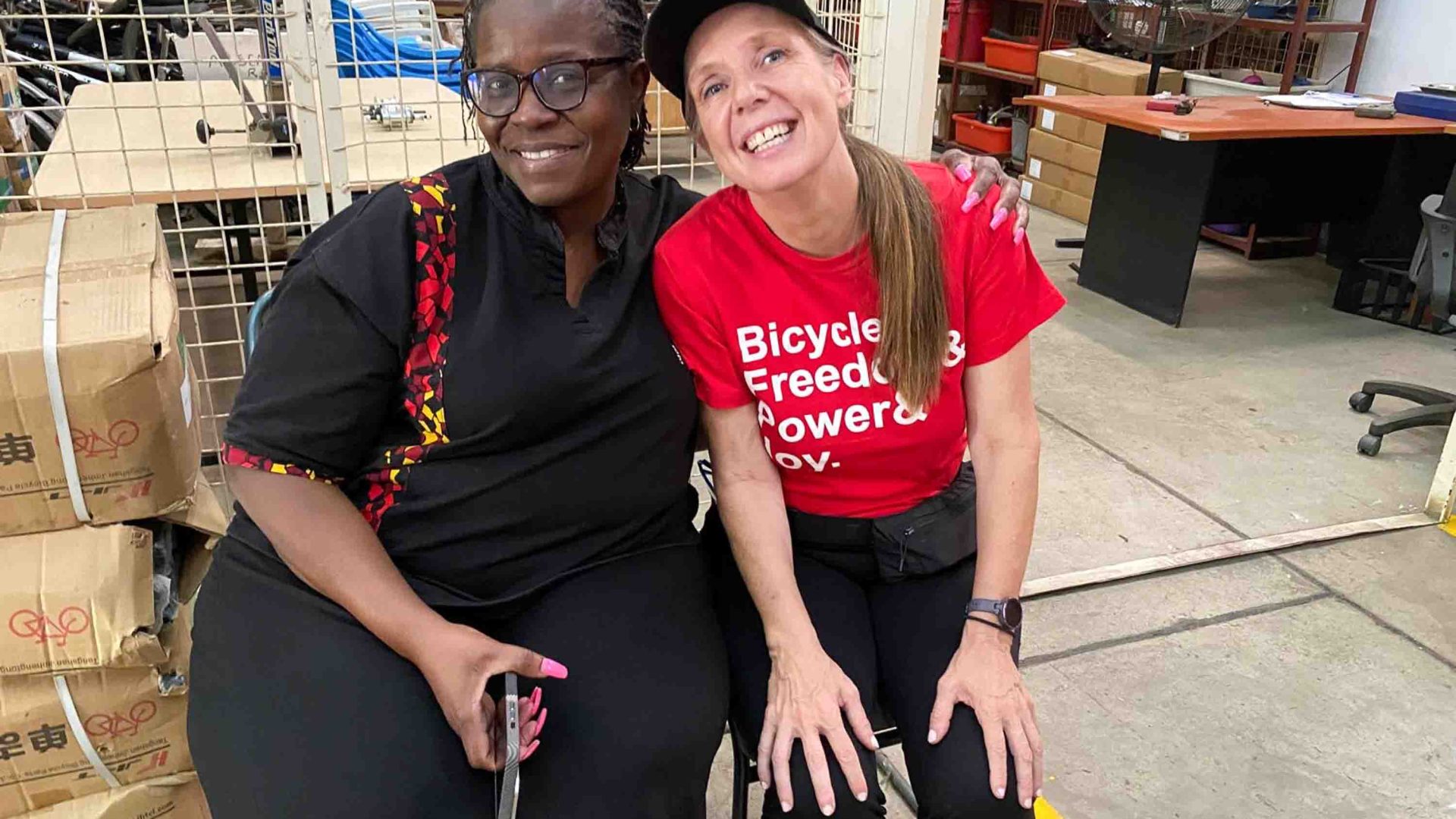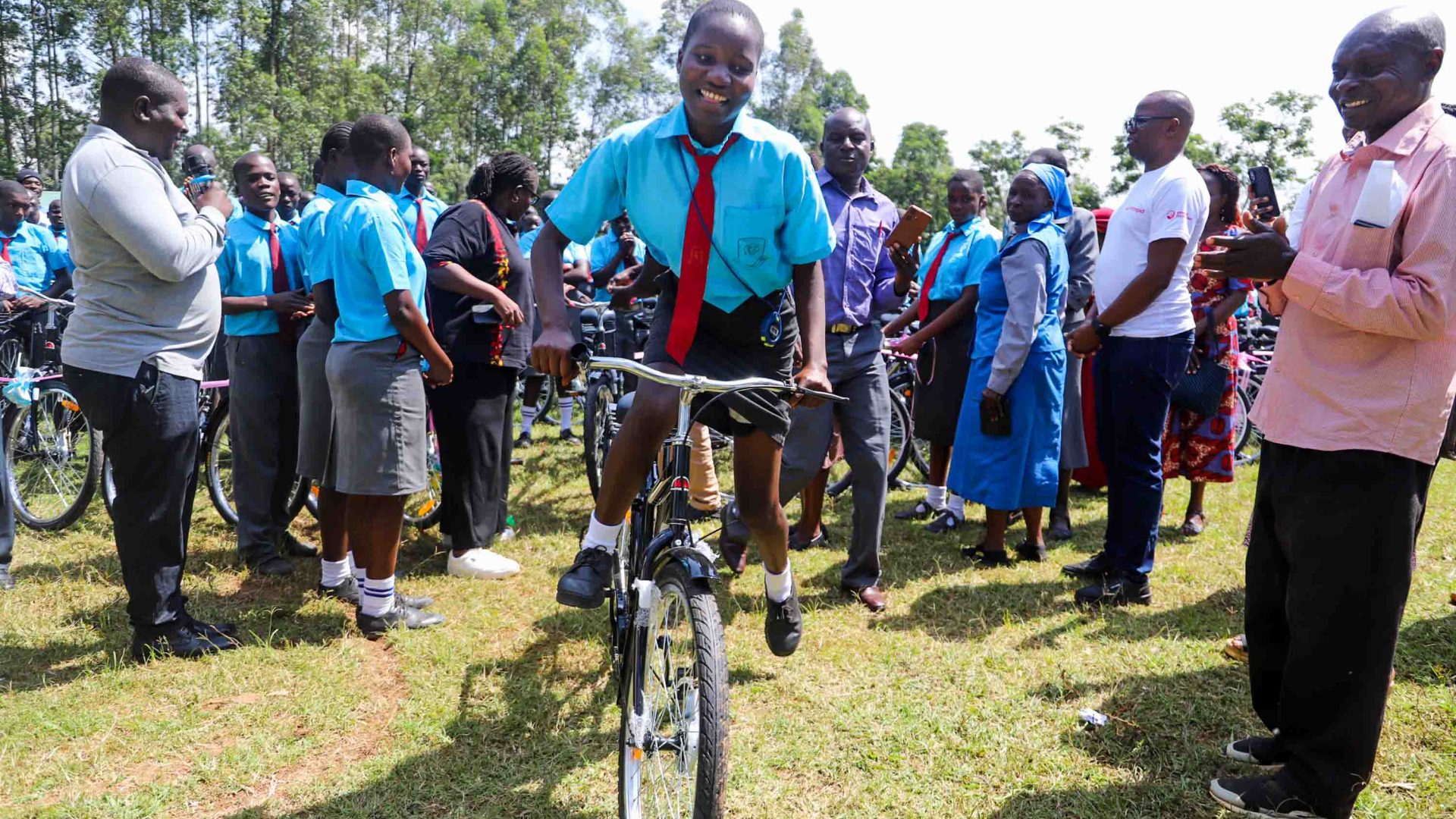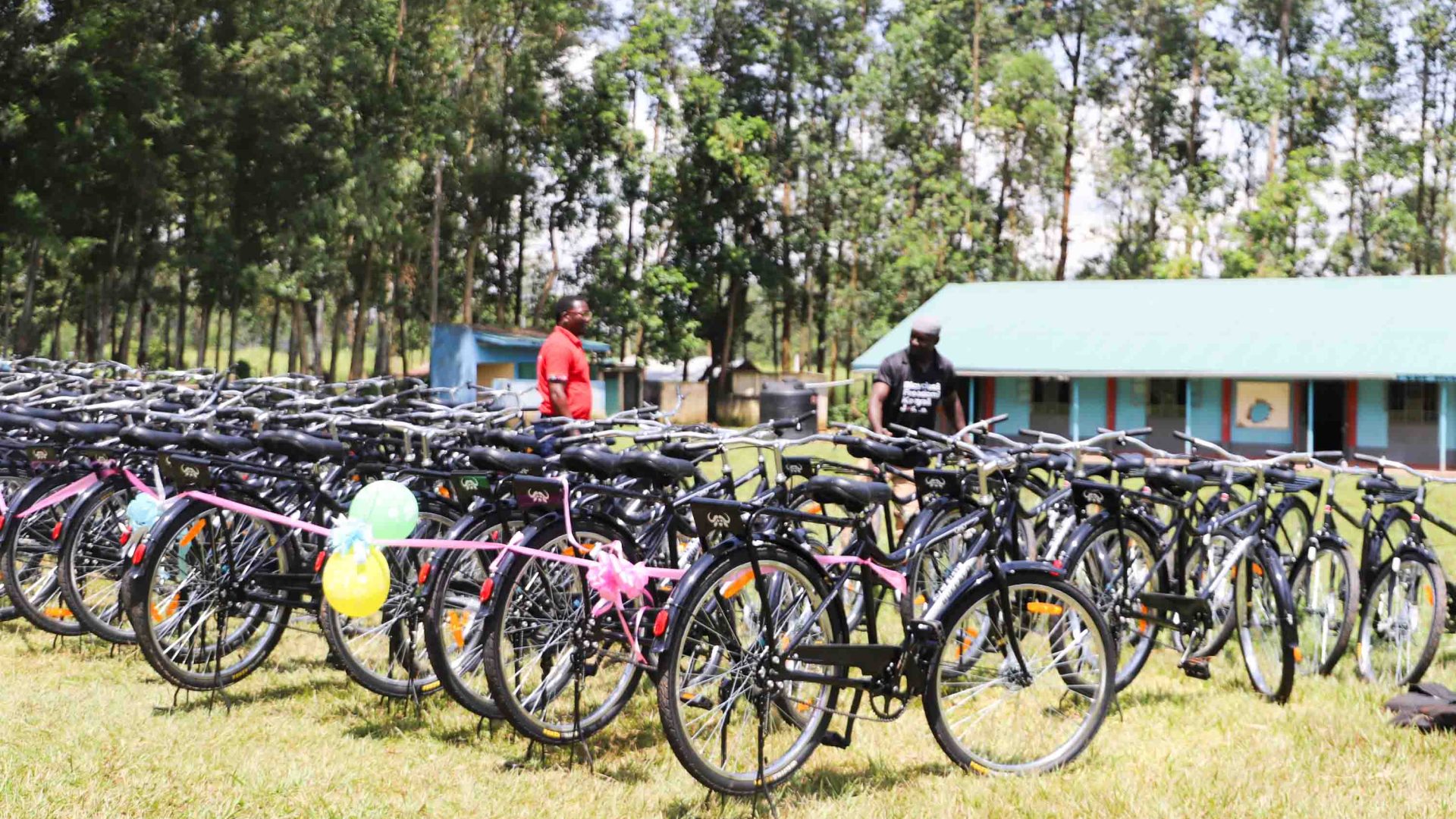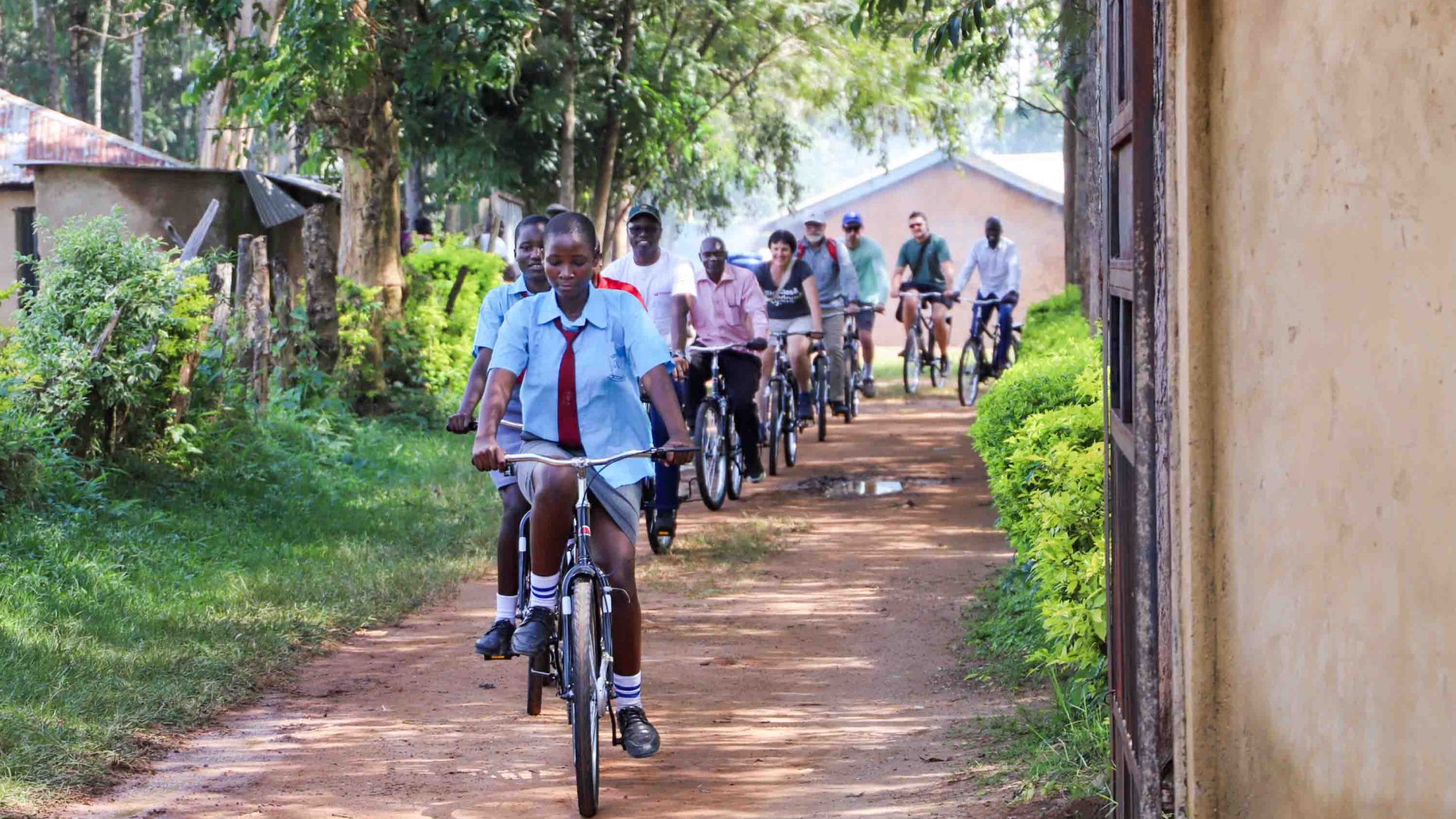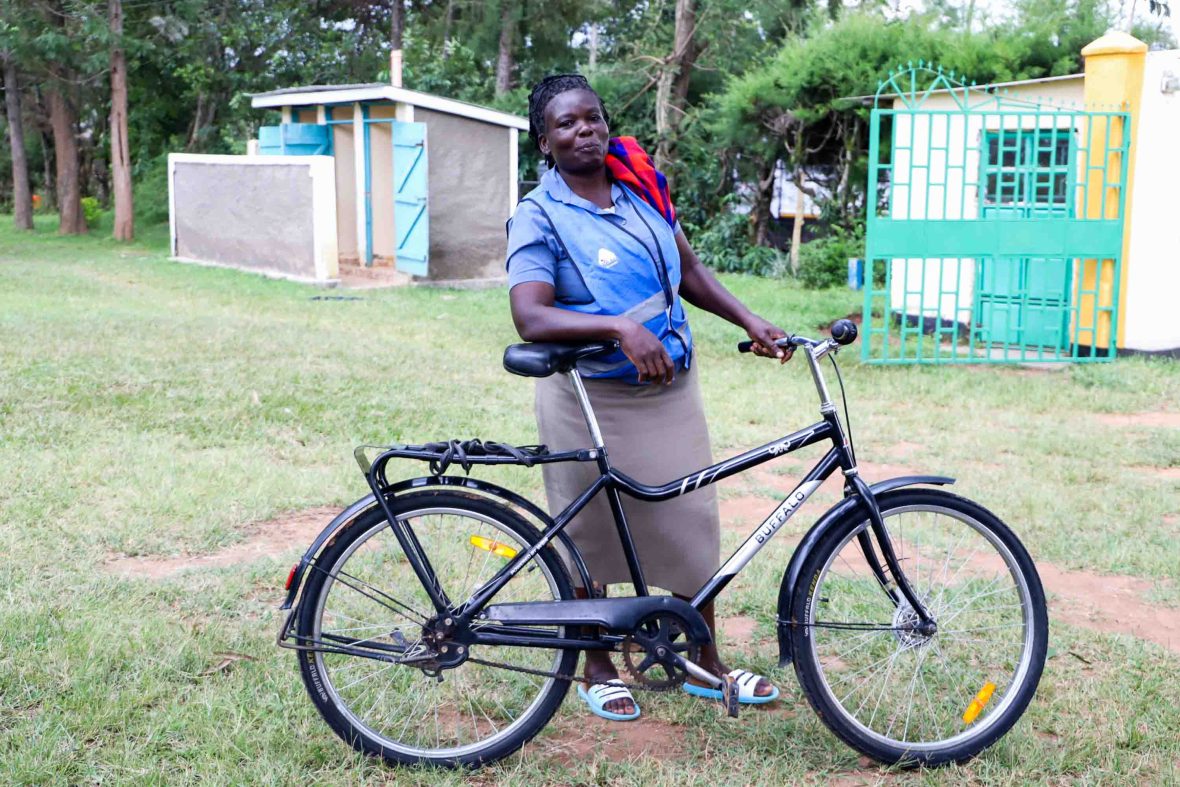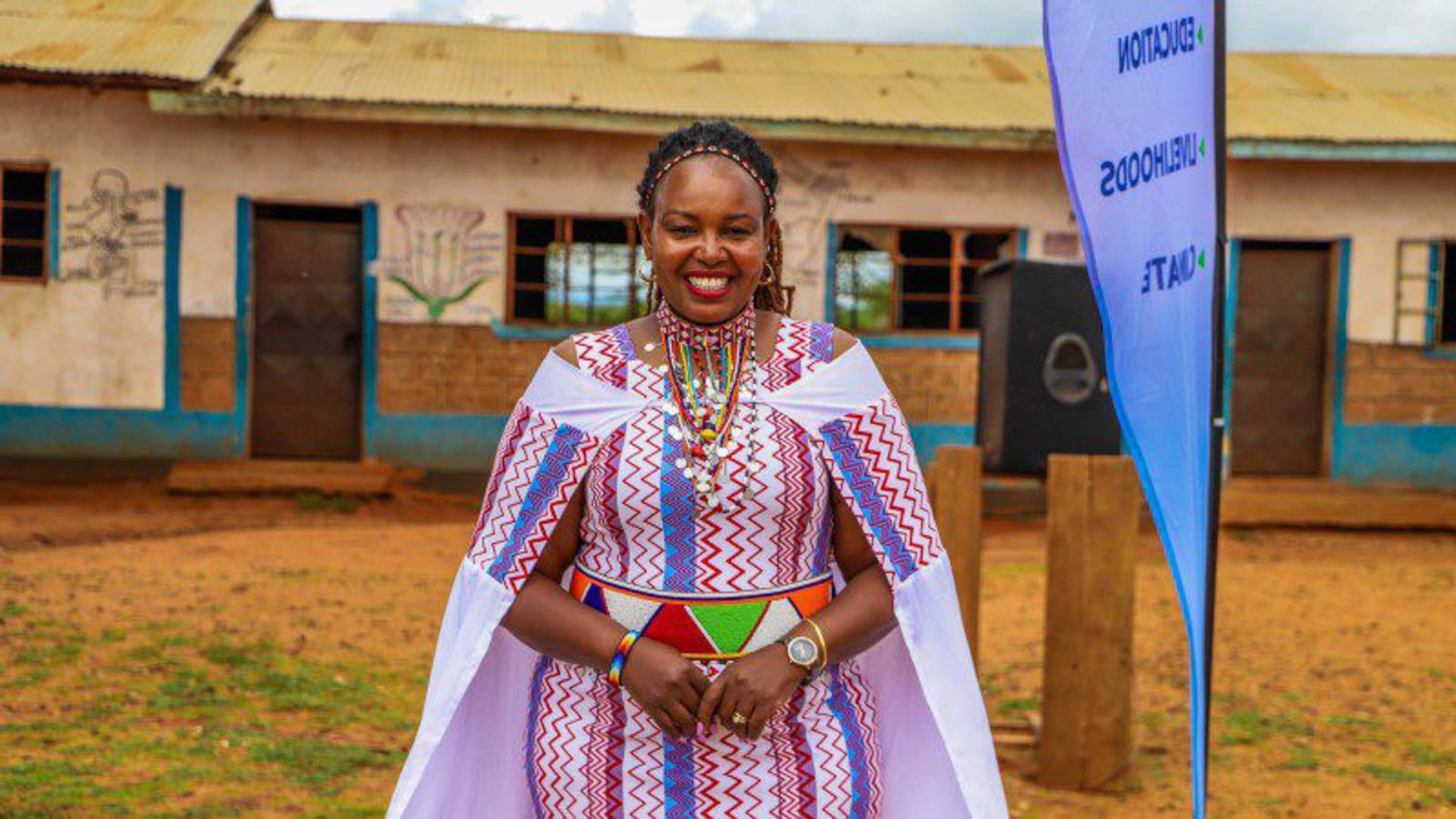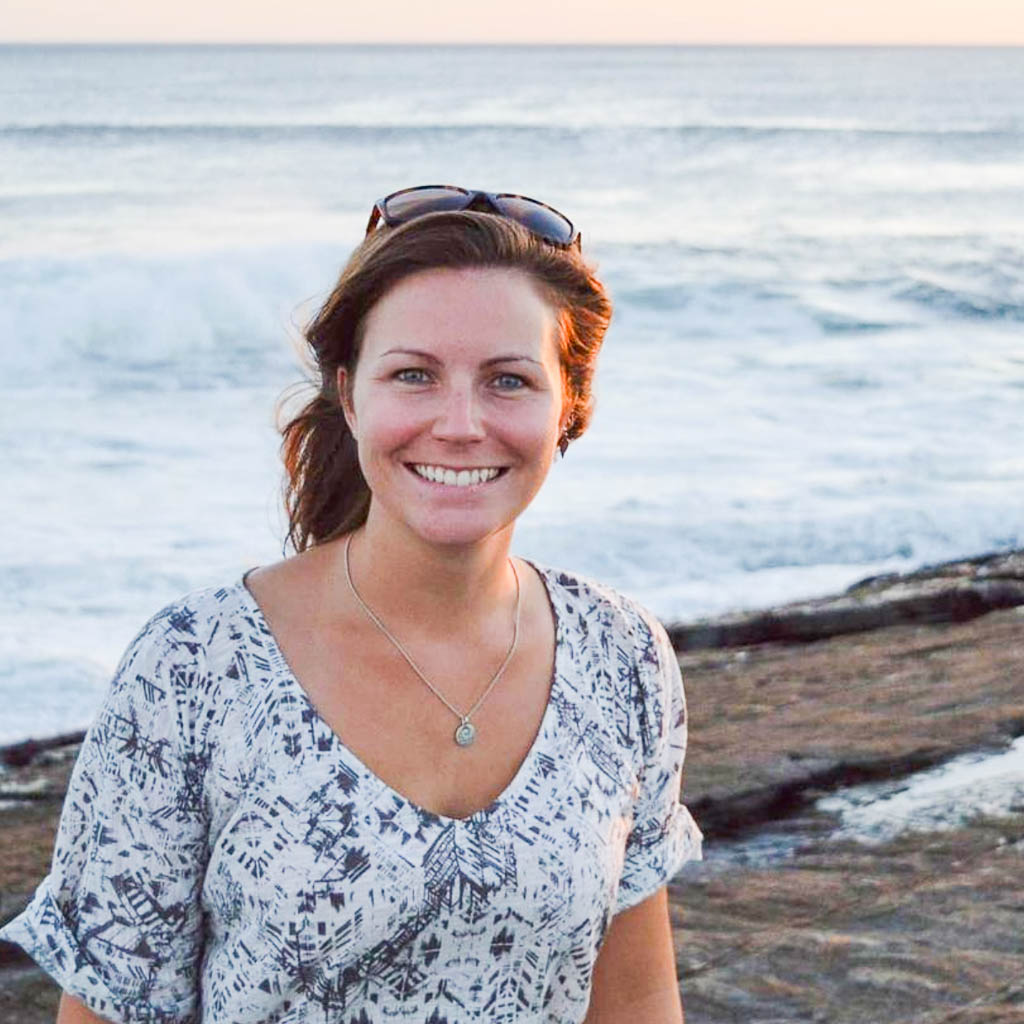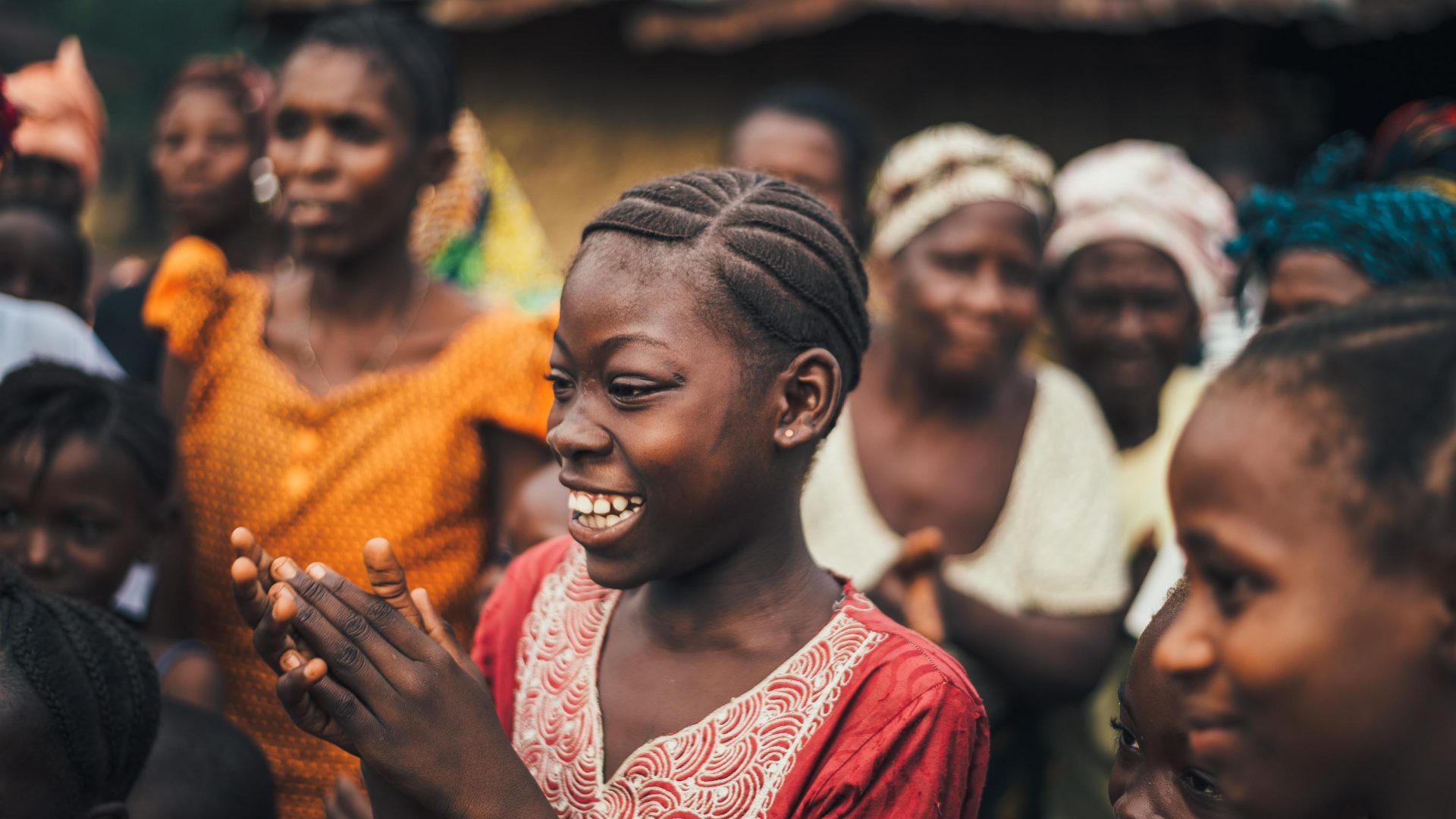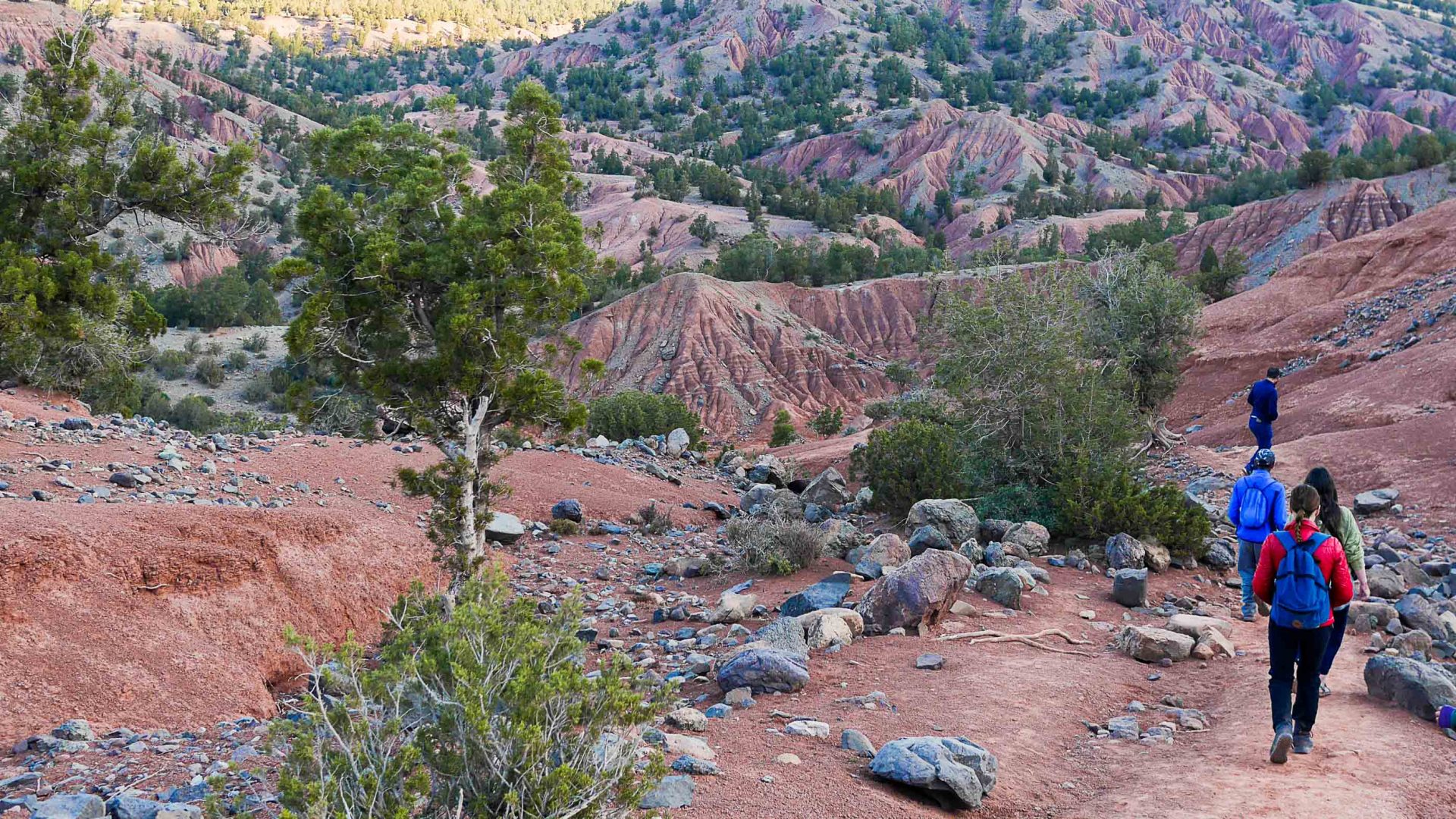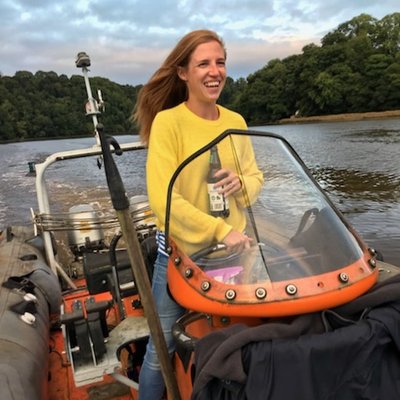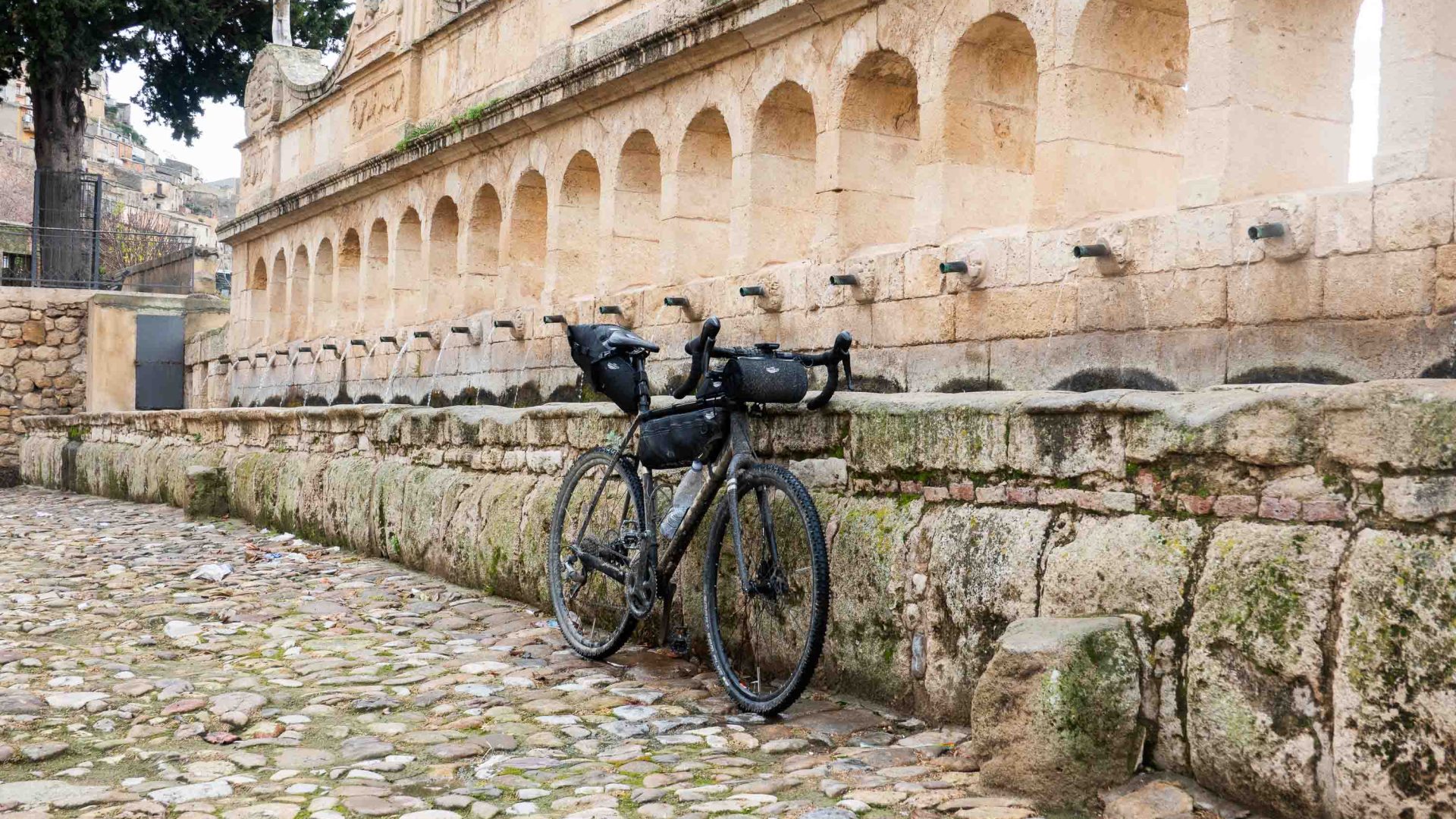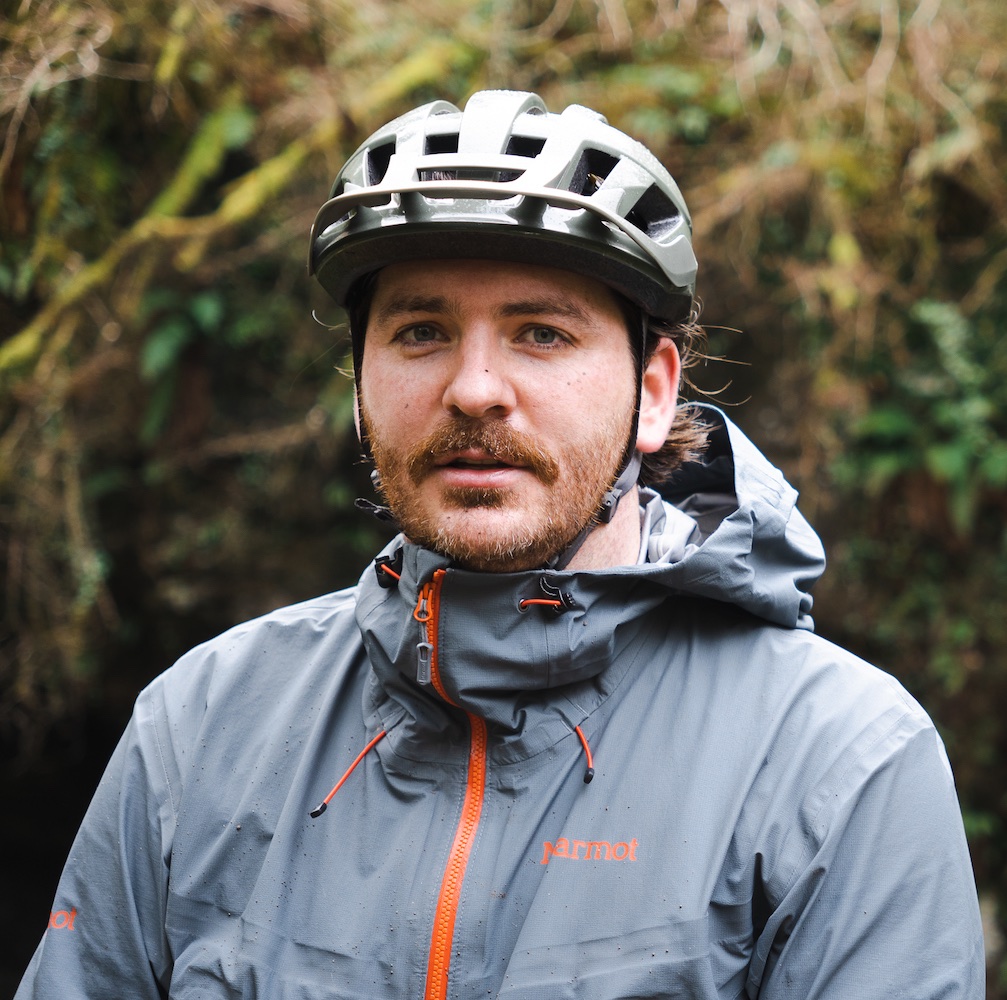In my community, there’s a common joke on how to identify a Luhya man: By his bicycle. And he might be holding a radio in one hand to entertain or inform him as he rides along dusty terrain under the hot African sun.
I’m half-Luhya and Luo (after the Maasai, the Luhya and Luo are the second and fourth largest ethnic groups in Kenya) and this is a familiar scene whenever I visit my ancestral home in Migori, in western Kenya. But bicycles are more than a vehicle here. My late grandfather often warned us to handle his bicycle with care—like many villagers, he believed a bicycle had its own spirit and insisted we treat his wheels with reverence. When someone acquired a new one, elders would bless it by sprinkling millet. Representing heritage and resilience, the grain is a symbol of success and longevity.
In East and Southern Africa overall, 30–50 percent of households own at least one bicycle; it’s the most accessible and affordable mode of transport. In Kenya, home to 54 million people and where 71 percent of the population lives in rural areas, the simple bicycle can remove barriers to education, health and livelihood opportunities. Recognizing this, Intrepid Travel’s non-profit arm, The Intrepid Foundation, partnered with World Bicycle Relief, one of its 52 global partners, to create a first-of-its-kind fundraising cycling trip in Kenya.
The goal? To provide bicycles to rural communities that need them most. “Together with Intrepid Travel, we’ve created a unique itinerary that combines adventure with impact.” says Biheng Zhang, General Manager of The Intrepid Foundation. “Through travel, we all have the power to see the world differently and contribute positively to the places we visit and the people who live there.” And that’s how I end up joining 14 participants from the US, Australia and New Zealand to see firsthand how increased bicycle ownership has changed lives in western Kenya.
